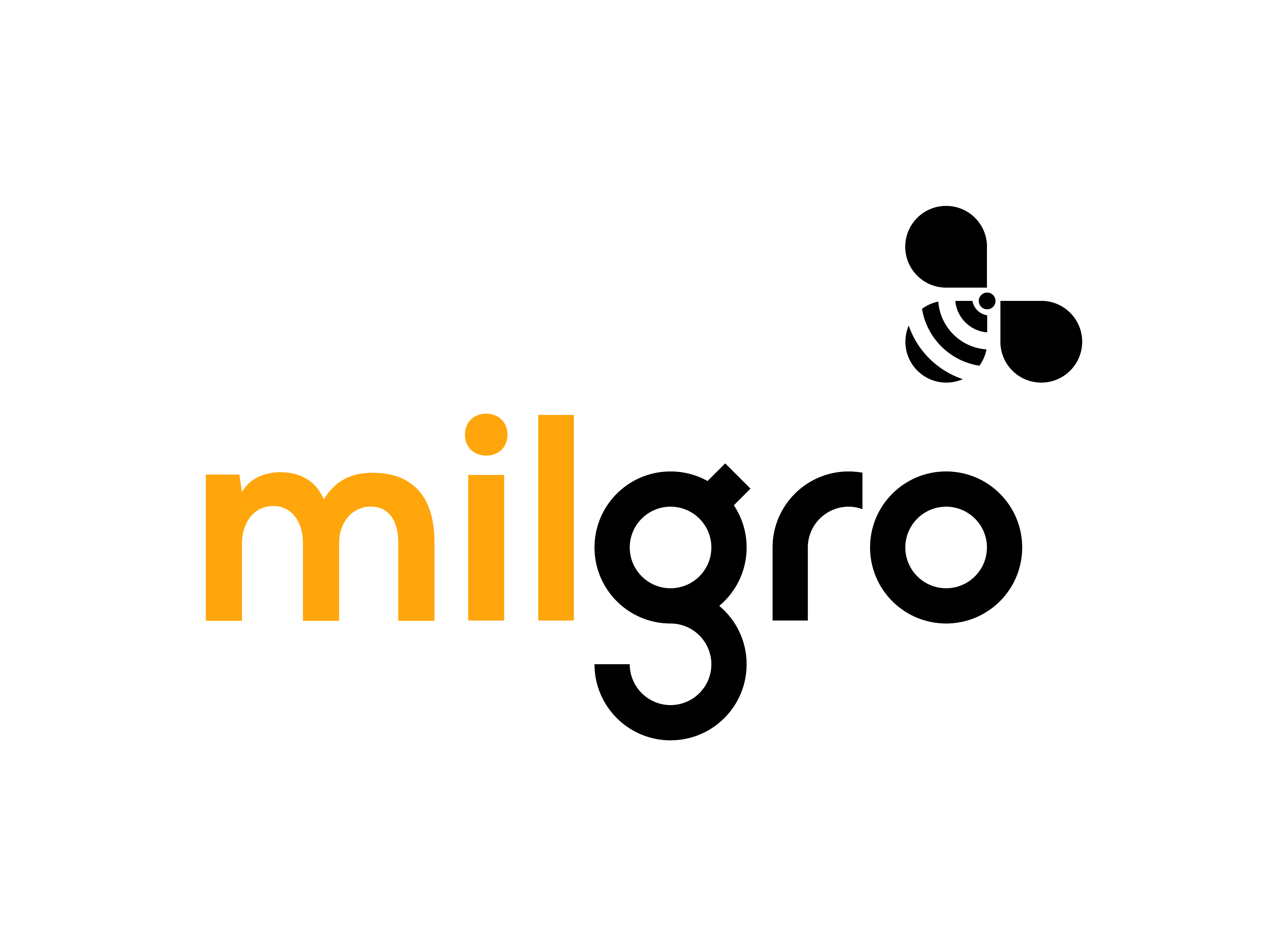

Milgro Groep B.V.

1.6
South Holland, Netherlands The
August 2025
Environmental consulting
Service with Minor Environmental Footprint
Belgium,
Netherlands The
Milgro Founded in 1993 by Laurens Groen, Milgro was built on an unconventional vision We have a different perspective on waste; we see waste as a resource that has lost its way." With this pioneering mindset and over 30 years of experience, Milgro has grown into an internationally operating group, leading and accelerating the transition to a circular economy. An economy where we earn money with the Earth’s value instead of the Earth’s depletion. Headquartered in the Benelux and supported by a team of more than 120 highly motivated professionals Milgro helps organizations minimize the ecological impact of their waste streams while maximizing their financial value. Our approach redirects waste toward reuse and recycling, ensuring that the value of all materials is preserved. Active across a broad range of industries in the Benelux, we are also exploring opportunities for international expansion. Our ambition is clear: To free the world from waste.
Overall B Impact Score
Governance 12.5
Governance evaluates a company's overall mission, engagement around its social/environmental impact, ethics, and transparency. This section also evaluates the ability of a company to protect their mission and formally consider stakeholders in decision making through their corporate structure (e.g. benefit corporation) or corporate governing documents.
What is this? A company with an Impact Business Model is intentionally designed to create a specific positive outcome for one of its stakeholders - such as workers, community, environment, or customers.
Workers 35.6
Workers evaluates a company’s contributions to its employees’ financial security, health & safety, wellness, career development, and engagement & satisfaction. In addition, this section recognizes business models designed to benefit workers, such as companies that are at least 40% owned by non-executive employees and those that have workforce development programs to support individuals with barriers to employment.
Community 12.1
Community evaluates a company’s engagement with and impact on the communities in which it operates, hires from, and sources from. Topics include diversity, equity & inclusion, economic impact, civic engagement, charitable giving, and supply chain management. In addition, this section recognizes business models that are designed to address specific community-oriented problems, such as poverty alleviation through fair trade sourcing or distribution via microenterprises, producer cooperative models, locally focused economic development, and formal charitable giving commitments.
Environment 30.7
Environment evaluates a company’s overall environmental management practices as well as its impact on the air, climate, water, land, and biodiversity. This includes the direct impact of a company’s operations and, when applicable its supply chain and distribution channels. This section also recognizes companies with environmentally innovative production processes and those that sell products or services that have a positive environmental impact. Some examples might include products and services that create renewable energy, reduce consumption or waste, conserve land or wildlife, provide less toxic alternatives to the market, or educate people about environmental problems.
What is this? A company with an Impact Business Model is intentionally designed to create a specific positive outcome for one of its stakeholders - such as workers, community, environment, or customers.
Customers 4.1
Customers evaluates a company’s stewardship of its customers through the quality of its products and services, ethical marketing, data privacy and security, and feedback channels. In addition, this section recognizes products or services that are designed to address a particular social problem for or through its customers, such as health or educational products, arts & media products, serving underserved customers/clients, and services that improve the social impact of other businesses or organizations.